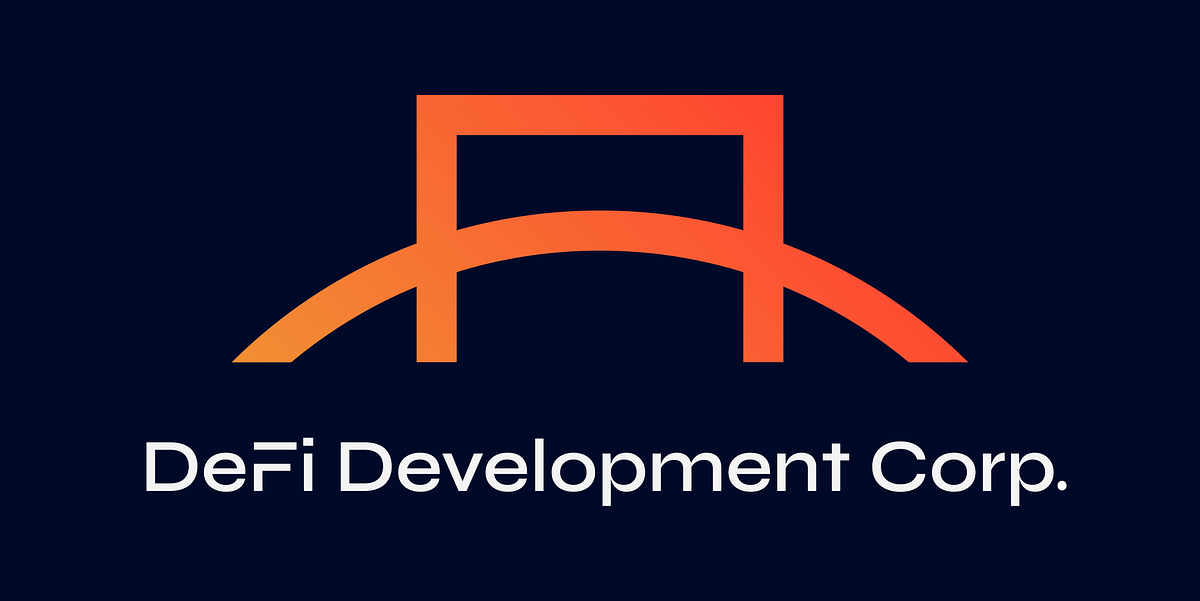
DeFi Development Corp.'s Solana Bet: Pioneering or Perilous for Public Markets?
DeFi Development Corp. is making waves as the first U.S. public company to center its treasury around Solana. But is this bold move a harbinger of future finance, or a risky gamble for investors?
DeFi Development Corp.'s Solana Bet: Pioneering or Perilous for Public Markets?
NEW YORK, NY – November 19, 2025
A Bold Leap into Decentralized Finance
DeFi Development Corp. (Nasdaq: DFDV) is charting a unique course for publicly traded companies, having reported $74 million in unrealized gains for the latest quarter and $96 million year-to-date, driven by a treasury strategy focused on Solana (SOL). This makes the company a pioneer – and a test case – in the burgeoning space of corporate digital asset holdings. While MicroStrategy and Tesla have famously amassed Bitcoin, DFDV’s exclusive focus on Solana, and its active participation in the Solana ecosystem through validator infrastructure and staking, sets it apart. The company's decision to build a core strategy around a specific cryptocurrency raises critical questions about risk management, investor exposure, and the future of corporate treasury functions.
“The traditional model of holding cash or liquid assets is being challenged,” noted one industry analyst. “Companies are looking for higher yields and innovative ways to deploy capital, and digital assets are increasingly seen as a viable option.” However, this shift isn't without its complexities.
From Real Estate Tech to Digital Asset Treasury
The dramatic transformation of DeFi Development Corp. from a commercial real estate technology platform to a Solana-centric treasury is striking. Just over a year ago, the company was focused on connecting professionals within the property market. The pivot, involving the disposal of its Janover Pro business and the acquisition of Solana validator nodes, represents a fundamental change in strategic direction. This move was motivated by the potential for higher returns and the desire to capitalize on the growth of the decentralized finance (DeFi) ecosystem.
“The company saw an opportunity to disrupt itself,” explained an insider familiar with the transition. “The real estate tech market was becoming saturated, while the potential for growth in the digital asset space seemed immense.” The decision wasn’t without its risks, as the company was venturing into a relatively new and volatile market. However, management believed that the potential rewards outweighed the risks. The company now actively stakes its SOL holdings and operates validator infrastructure, participating directly in the Solana network’s consensus mechanism. This approach aims to generate staking rewards and fees, further compounding returns for investors.
Navigating the Risks of Solana Exposure
While DeFi Development Corp.'s Solana strategy has yielded impressive results so far, it also exposes the company – and its investors – to significant risks. The cryptocurrency market is notorious for its volatility, and Solana is no exception. In recent months, SOL has experienced substantial price swings, impacting the company’s unrealized gains. Beyond market volatility, DeFi Development Corp. faces regulatory uncertainty, technical risks, and security concerns. The Solana network, while generally robust, has experienced outages in the past, raising concerns about its reliability. The company’s reliance on a single blockchain also introduces concentration risk.
“The biggest challenge is managing the inherent volatility of the crypto market,” commented a risk management professional. “Companies need to have robust risk management frameworks in place to mitigate potential losses.” Furthermore, the company’s active participation in the Solana ecosystem through staking and validator operations introduces additional complexities.
DeFi Development Corp. isn’t alone in its embrace of Solana. Companies like Upexi, SOL Strategies Inc., and others are also building treasury strategies around the blockchain. However, DFDV’s exclusive focus on Solana sets it apart and amplifies the risks. A downturn in the Solana ecosystem could have a disproportionate impact on the company’s financial performance. The company’s recent financials show negative levered free cash flow, and high dependence on unrealized gains. This raises questions about long-term sustainability.
A Precedent for Corporate Crypto Adoption?
DeFi Development Corp.'s experiment is being closely watched by other companies considering similar strategies. If DFDV’s Solana bet pays off, it could pave the way for wider corporate adoption of digital assets. However, if the strategy fails, it could deter other companies from venturing into the space. The recent IT disruption that briefly delayed the company's 10-Q filing also underscores the operational challenges of managing digital assets. While the company stated the disruption did not impact the integrity of its financial data, it highlights the importance of robust cybersecurity and system resilience. The company's decision to focus solely on Solana could be seen as a bold move, but also a risky one. A more diversified approach, involving multiple cryptocurrencies or digital assets, might offer greater protection against market volatility. Ultimately, the success of DFDV’s Solana strategy will depend on a combination of factors, including market conditions, regulatory developments, and the company’s ability to manage risk effectively.
